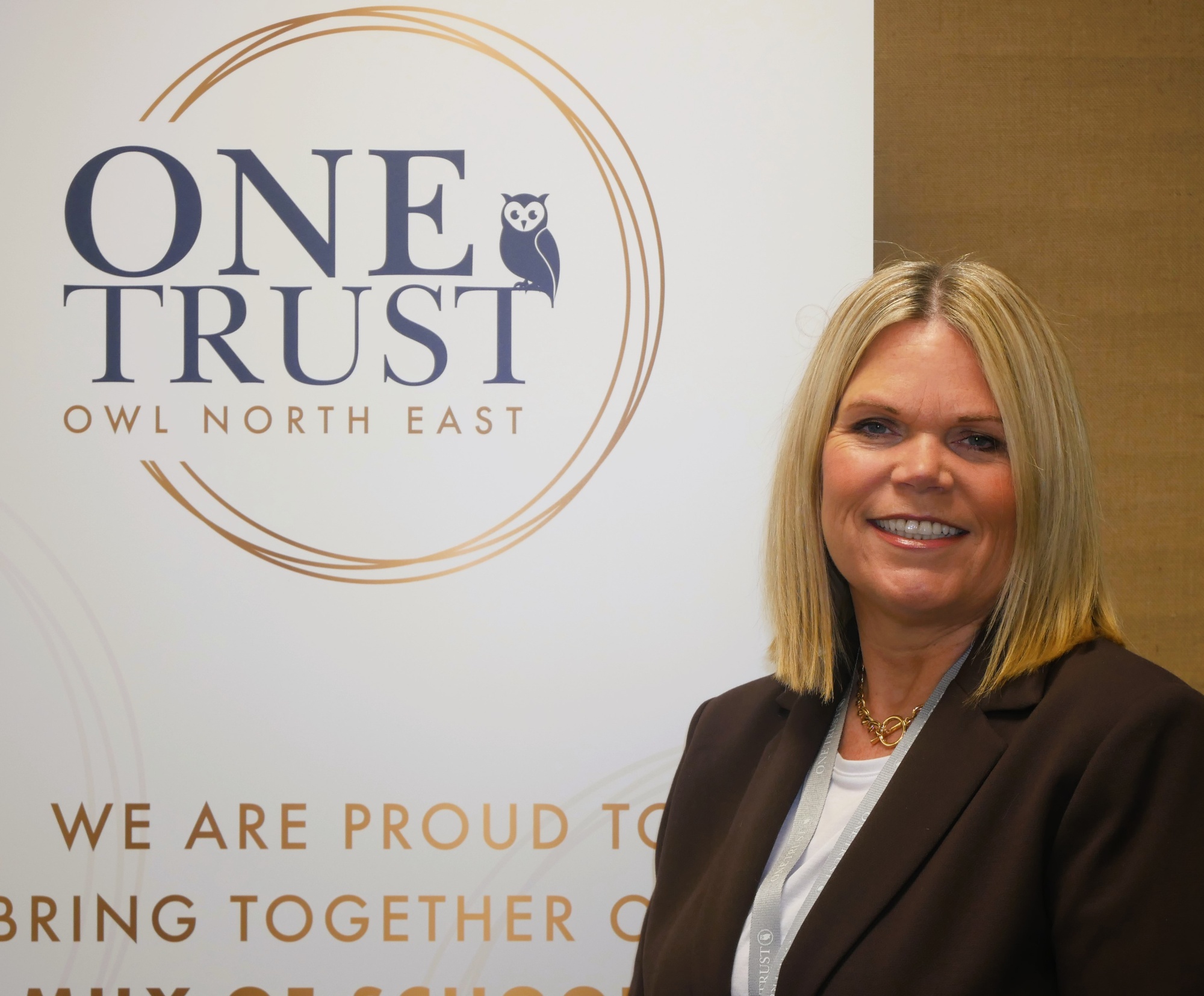Central Team
Executive Team
The Executive Team are the senior employees responsible for making our organisation work by developing strategy and delivering services in line with the board's direction and requirements. Currently, ONE Trust has three employees. The executive team is led by our Chief Executive Officer, Julie Stuart, supported by our Chief Financial Officer, Victoria Hanlon, as an executive director for finance. These are our most senior executive roles and supported by our third employee – an Executive Personal Assistant, Emma Hampton.
In addition, our Executive Team will utilise professional and consultancy support services to fulfil the Governance Professional roles to act as the bridge between the two leadership teams (Executive Team and Board) and ensure that each fully understands the other's needs and requirements. This will involve the duties of a Governance Clerk and Governance Professional. These will have a close working relationship with both the CEO and the Chair, the Board and their committees. An essential part of this is to support the Chair in ensuring that the Board and its decision making is effective.
Chief Executive Officer (CEO) – Julie Stuart
The Accounting Officer role includes specific responsibilities for financial matters. It includes a personal responsibility to Parliament, and to the ESFA's accounting officer, for the Trust's financial resources.
The accounting officer must have oversight of financial transactions, by:
- ensuring the academy trust's property and assets are under the trustees' control, and measures exist to prevent losses or misuse
- ensuring bank accounts, financial systems and financial records are operated by more than one person
- keeping full and accurate accounting records to support their annual accounts.
The Accounting Officer must complete and sign the Accounting Officer’s annual statement on regularity, propriety and compliance each year and submit this to ESFA with the audited accounts. The Accounting Officer must also demonstrate how the trust has secured value for money via the governance statement in the audited accounts. The Accounting Officer must take personal responsibility (which must not be delegated) for assuring the Board that there is compliance with the funding agreement and handbook. The Accounting Officer must advise the Board in writing if action it is considering is incompatible with the articles, funding agreement or handbook. Similarly, the Accounting Officer must advise the board in writing if the Board fails to act where required by the funding agreement or handbook.
Chief Financial Officer (CFO) – Victoria Hanlon
The Chief Financial Officer (CFO) is the trust’s Finance Director to whom responsibility for the trust’s detailed financial procedures is delegated. The CFO plays both a technical and leadership role.
Executive Personal Assistant – Emma Hampton
The Executive Personal Assistant (PA) will work closely with the senior executives to provide administrative support. Working alongside the CEO, the Executive PA will support the day-to-day running of the business with administrative and secretarial work.
Governance Professionals
Governance Professionals will act as organisational memory, ensuring compliance, maintaining ethical considerations, and advising on solutions. Our governance professionals will work closely with the Trustee Board of directors and establish an effective system of governance with the executive management team. Our organisation will meet our governance requirements by choosing to add the governance responsibilities to other roles we have, such as finance and operations, with appropriate training and support from the Chartered Institute for Governance (UK and Ireland).
The Governance Professional(s) will support the Board of Trustees and contribute to the efficient functioning of the Board by providing:
- guidance to ensure the Board works in compliance with the appropriate legal and regulatory framework, and understands the potential consequences of non- compliance
- independent advice on procedural matters relating to operation of the Board
- administrative and organisational support.
Our Governance Professionals will undertake a variety of different activities across the year, which include:
- organising and supporting board and committee meetings
- ensuring that information flows securely to the right people
- keeping proper records of board decisions so action can be taken
- preparing the annual report and organising the AGM
- ensuring organisations meet all legal and regulatory requirements.
- supporting the chair in developing the effectiveness of the board
- researching new topics and emerging trends
- advising the chair, board and the executive on governance matters
- recruiting and on-boarding new directors, trustees or governors
- running projects which turn board decisions into action.



